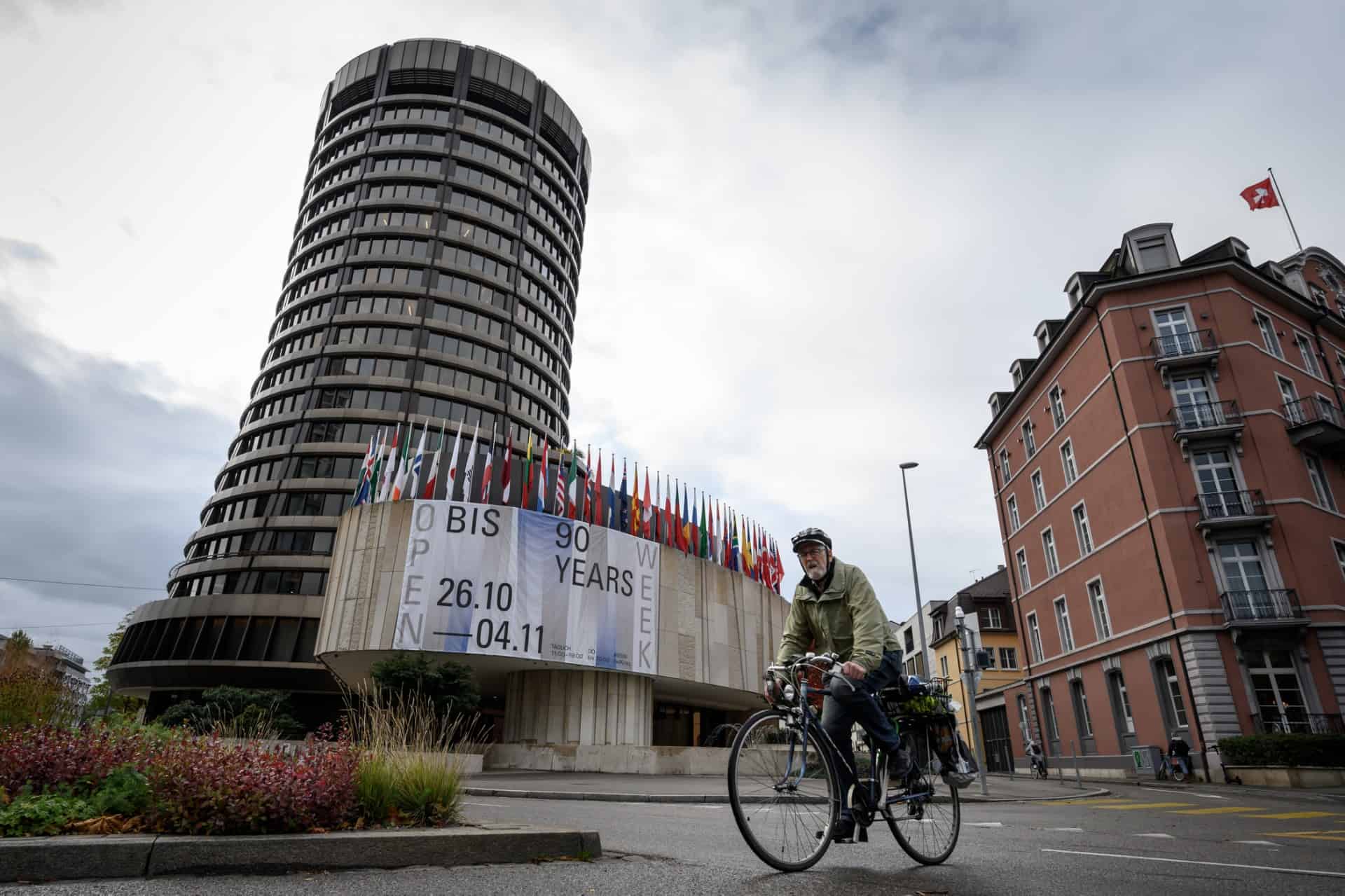Central banks must not let inflation become entrenched as the threat of stagflation looms over the global economy, the Bank for International Settlements warned Sunday in its annual economic report.
BIS, considered the central bank of central banks, said they will have to act quickly and decisively to ensure a return to low and stable inflation, while limiting the impact on growth.
Its flagship report said the priority for central banks was to restore low and stable inflation. In doing so, they should seek to minimize the hit to economic activity, in turn safeguarding financial stability.
BIS said engineering a so-called soft landing had historically been difficult, and the starting conditions now were making the task all the more challenging.
“It would be more desirable if we could have a soft landing because that would mean that the tightening of monetary policy could be more subdued,” BIS general manager Agustin Carstens told a press conference.
“But even if this is not the case, definitely the priority should be to combat inflation,” to prevent the world economy from slumping.
After the shock of the Covid-19 pandemic, central banks initially saw the return of inflation as temporary as the economy picked up again.
But the rise in prices has sharply accelerated since Russia’s invasion of Ukraine in February, leading central banks to tighten their key rates sharply.
Established in Basel in 1930, the BIS is owned by 62 central banks, representing countries that account for about 95 percent of global gross domestic product (GDP).








